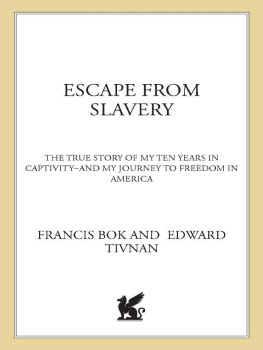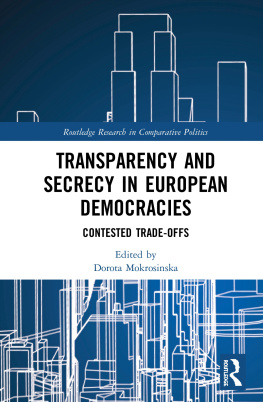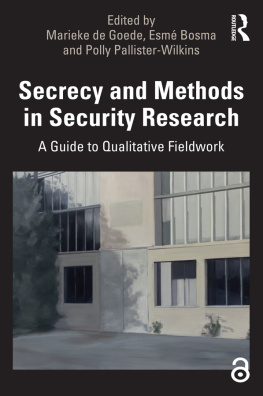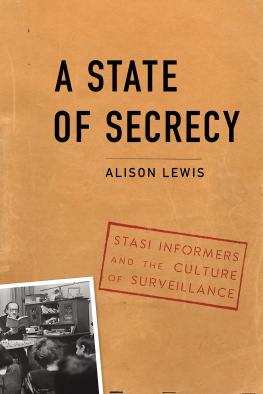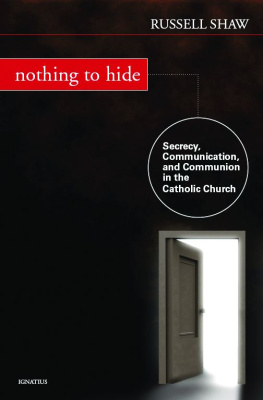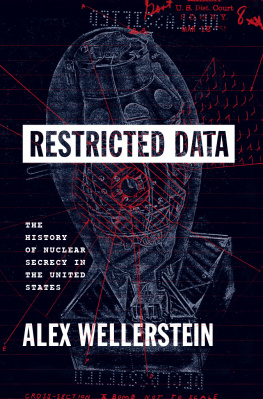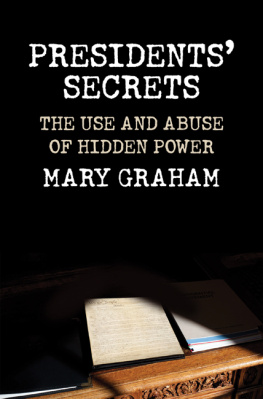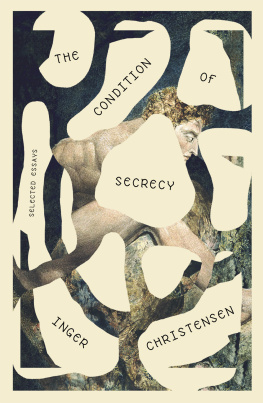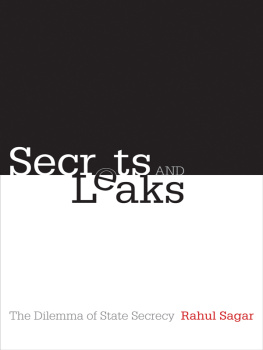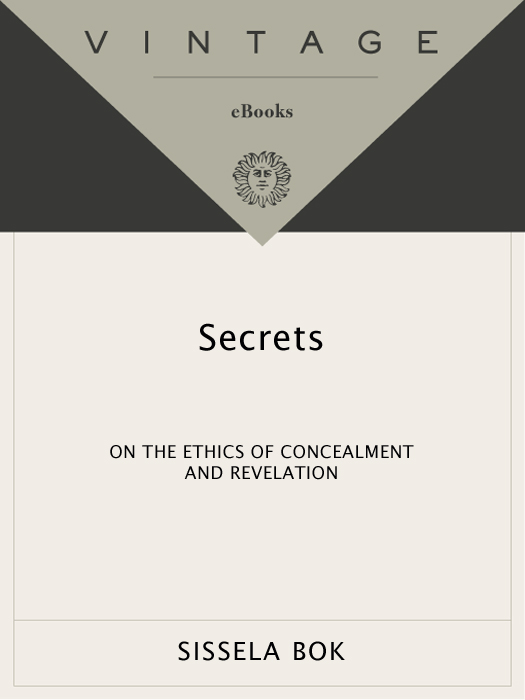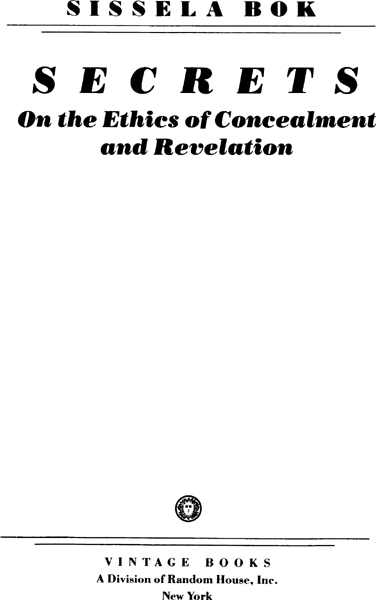PERMISSIONS ACKNOWLEDGMENTS
Grateful acknowledgment is made to the following for permission to reprint previously published material:
American Association for the Advancement of Science: Excerpt from The Human Study of Human Beings by Margaret Mead, from Science, vol. 133 (January 20, 1961). Copyright 1961 by the American Association for the Advancement of Science. Reprinted by permission of the American Association for the Advancement of Science.
American Bar Association: For permission to adapt material from The Sound of Professional Suicide by LOUIS Clark, from Barrister Magazine, vol. 5, (Summer 1978), published by the Young Lawyers Division of the American Bar Association. Copyright 1978 by the American Bar Association. Reprinted by permission of the American Bar Association.
American Psychiatric Association: Excerpt from article Denial and Affirmation in Illness and Health by Arnold R. Beisser, from The American Journal of Psychiatry, vol. 136, no. 8 (1979). Copyright 1979 by the American Psychiatric Association.
Doubleday & Company, Inc.: Willie Fryer, adapted from excerpt from Childrens Secrets by Thomas J. Cottle. Copyright 1980 by Thomas J. Cottle. Reprinted by permission of Doubleday & Company, Inc.
Harcourt Brace Jovanovich, Inc., and A. M. Heath & Company Ltd.: Excerpts from Nineteen Eighty-Four by George Orwell. Reprinted by permission of Harcourt Brace Jovanovich, Inc., A. M. Heath & Company Ltd., the estate of the late Sonia Brownell Orwell, and Martin Secker & Warburg Ltd.
Harvard Business Review: Excerpt from Trade Secrets: What Price Loyalty? by Michael S. Baram, from Harvard Business Review (November/December 1968). Copyright 1968 by the President and Fellows of Harvard College, all rights reserved. Reprinted by permission of the Harvard Business Review.
Harvard University Press: Excerpt from The Homeric Hymns and Homerica by Hesiod, trans. Hugh G. Evelyn-White, 1914. Reprinted by permission of Harvard University Press, and the Loeb Classical Library, and the translator. Also, excerpt from Robert Oppenheimer: Letters and Recollections, eds. Alice Kimball Smith and Charles Weiner (1980).
Houghton Mifflin Company: Excerpt from An Anthropologist at Work, ed. Margaret Mead. Copyright 1959 by Margaret Mead. Reprinted by permission of Houghton Mifflin Company.
The Journal Press: Excerpt from The Facts of Observation in Psychoanalysis by Siegfried Bernfeld, from Journal of Psychology, vol. 12 (1941). Reprinted by permission of The Journal Press.
Little, Brown & Company: First stanza of #1663 from The Complete Poems of Emily Dickinson, ed. Thomas H. Johnson. Copyright 1914, 1942 by Martha Dickinson Bianchi. Reprinted by permission of Little, Brown & Company.
The New American Library, Inc.: Excerpt from An Enemy of the People from Henrik Ibsen, The Complete Major Prose Plays, translated by Rolf Fjelde. Copyright 1965, 1970, 1978 by Rolf Fjelde. Reprinted by arrangement with The New American Library, Inc., New York.
University Books, Inc.: Excerpt from The Book of the Dead, ed. Sir Wallis Budge. Copyright 1960. Published by University Books by arrangement with Lyle Stuart. Reprinted by permission of University Books, Inc.
World Medical Journal: Excerpt from 1949 Code of Medical Ethics of the World Medical Association, from Encyclopedia of Bioethics, 1979. Reprinted by permission of the World Medical Journal.
For My Parents
Contents
I.
II.
III.
IV.
V.
VI.
VII.
VIII.
IX.
X.
XI.
XII.
XIII.
XIV.
XV.
XVI.
XVII.
XVIII.
ACKNOWLEDGMENTS
I want to thank all those whose interest, conversation, and criticism were of such help to me as I worked on this book, and especially those who were kind enough to comment on all or part of the manuscript: Rosemary Chalk, Alva Myrdal, Robert Nozick, Emma Rothschild, Richard Sacks, Elizabeth Tillinghast, Ruth Weinreb, and Lloyd Weinreb. I am also grateful to Elizabeth Tillinghast for assisting me with research, and to Nuala Dalton for expert help in preparing the manuscript.
My warm thanks go to Andr Schiffrin, James Peck, Jeanne Morton, and the staff at Pantheon for the support, the skillful and patient editing, and the help I received over the years of completing this work. Finally, I thank my familyHilary, Victoria, Tomas, and Derekfor their encouragement and understanding, and for the invaluable help they gave me, ranging from photography and proofreading to most spirited and challenging comments on successive drafts.
Preface
Apart from a number of minor textual corrections, I have not revised or updated this new edition of Secrets. I am glad that it can appear at this time of great change with respect to practices of secrecy and openness. The turn toward democracy in a number of nations and the growing pressure for it in yet others has given greater prominence to the debate over these issues than when this book was first published, in February 1983. At that time, I found that, wherever secrecy was the norm, so, often, was silence about secrecy.
By now, the harm to societies and to their citizens from excessive secrecywhether about foreign policy adventurism, domestic repression, environmental dangers, or other mattersis so evident as to render such silence untenable. The growing reach of media communications, moreover, and of computer networks and Fax machines, makes it hard even for the oppressive governments or religious authorities to silence debate. But these same techniques also provide growing threats to personal privacy and opportunities for state control. The need is as great as ever, therefore, to distinguish the many circumstances in which secrecy is legitimate and central to human dignity from the times when it is injurious.
Sissela Bok
June 1989
Introduction
We are all, in a sense, experts on secrecy. From earliest childhood we feel its mystery and attraction. We know both the power it confers and the burden it imposes. We learn how it can delight, give breathing-space, and protect. But we come to understand its dangers, too: how it is used to oppress and exclude; what can befall those who come too close to secrets they were not meant to share; and the price of betrayal.


